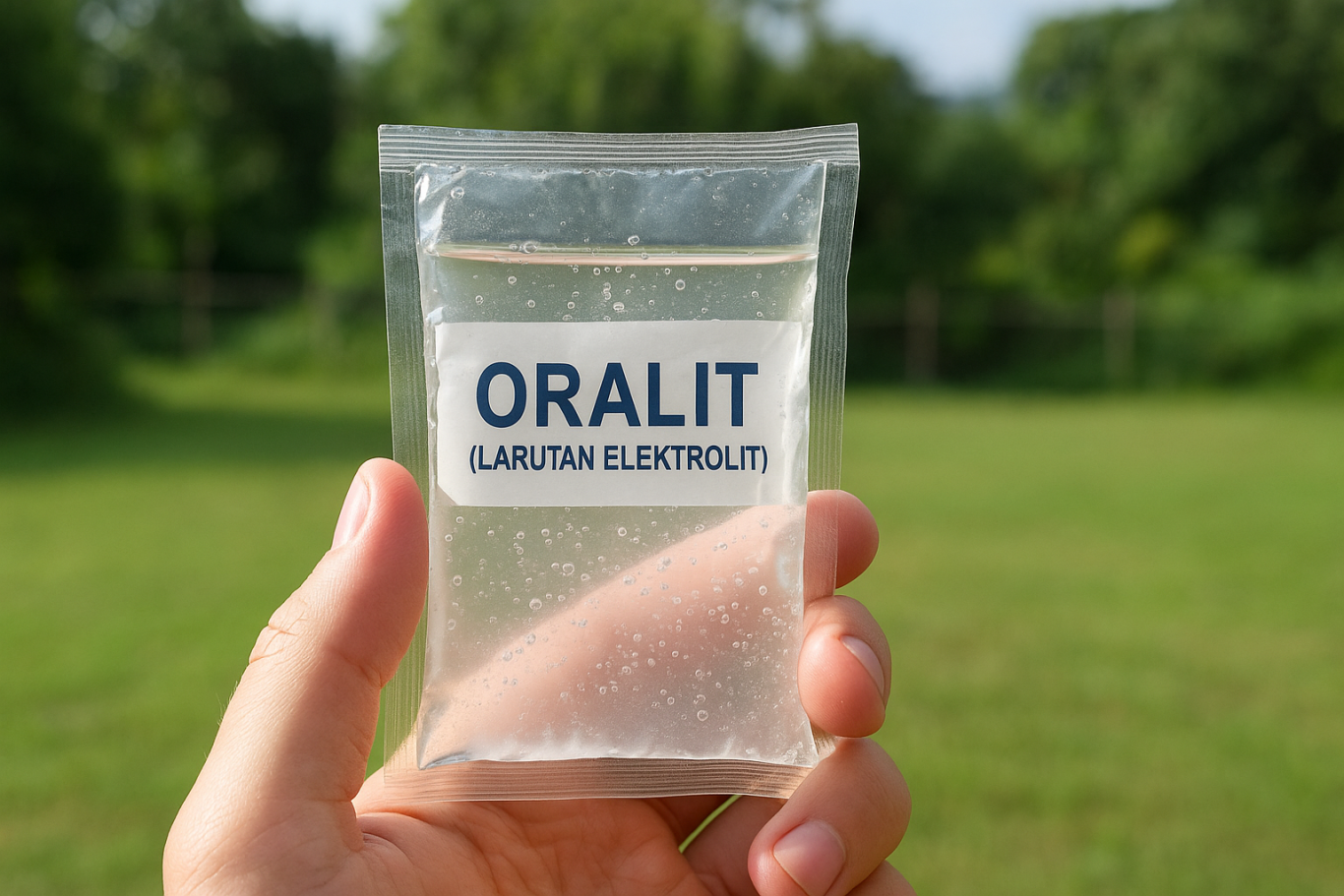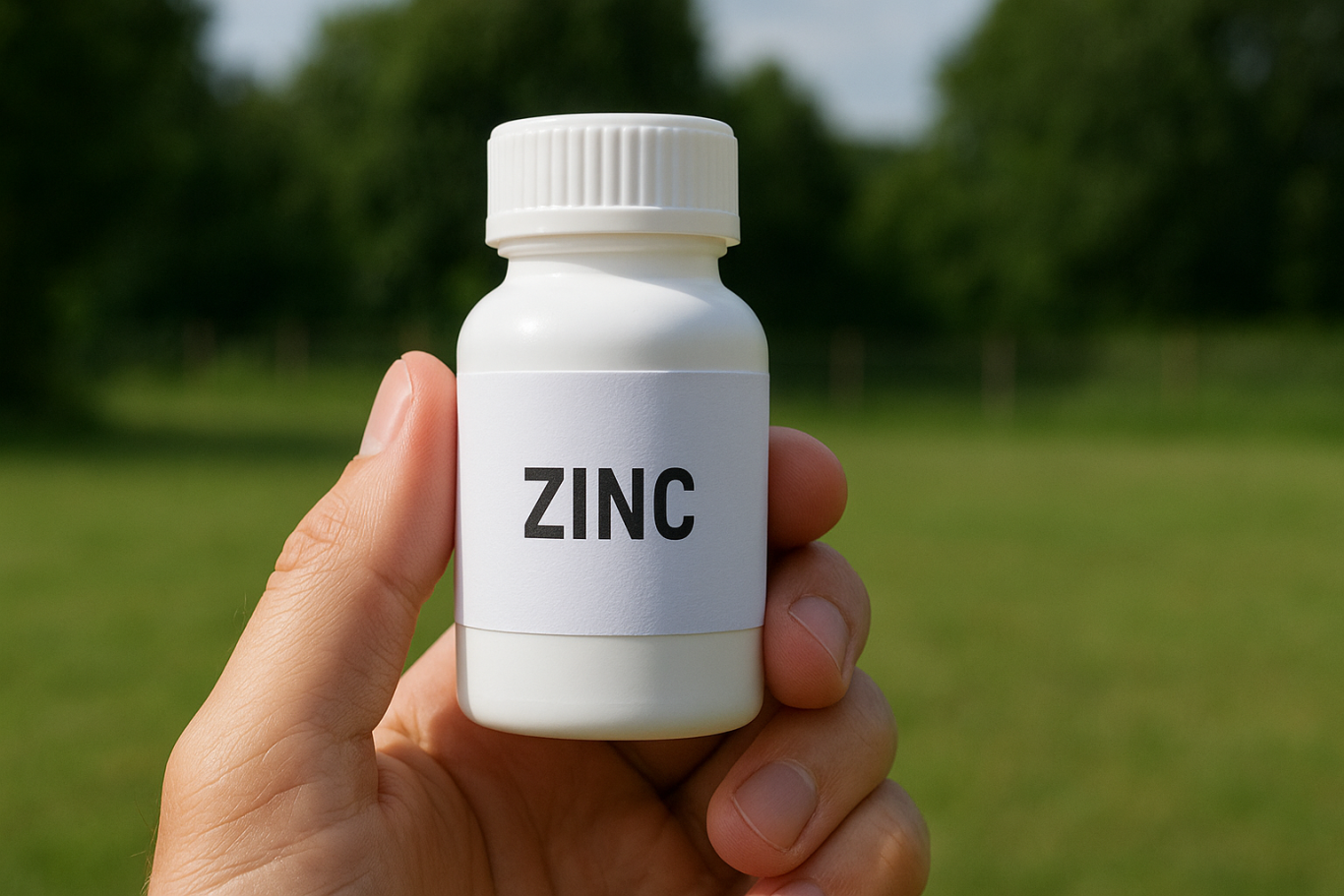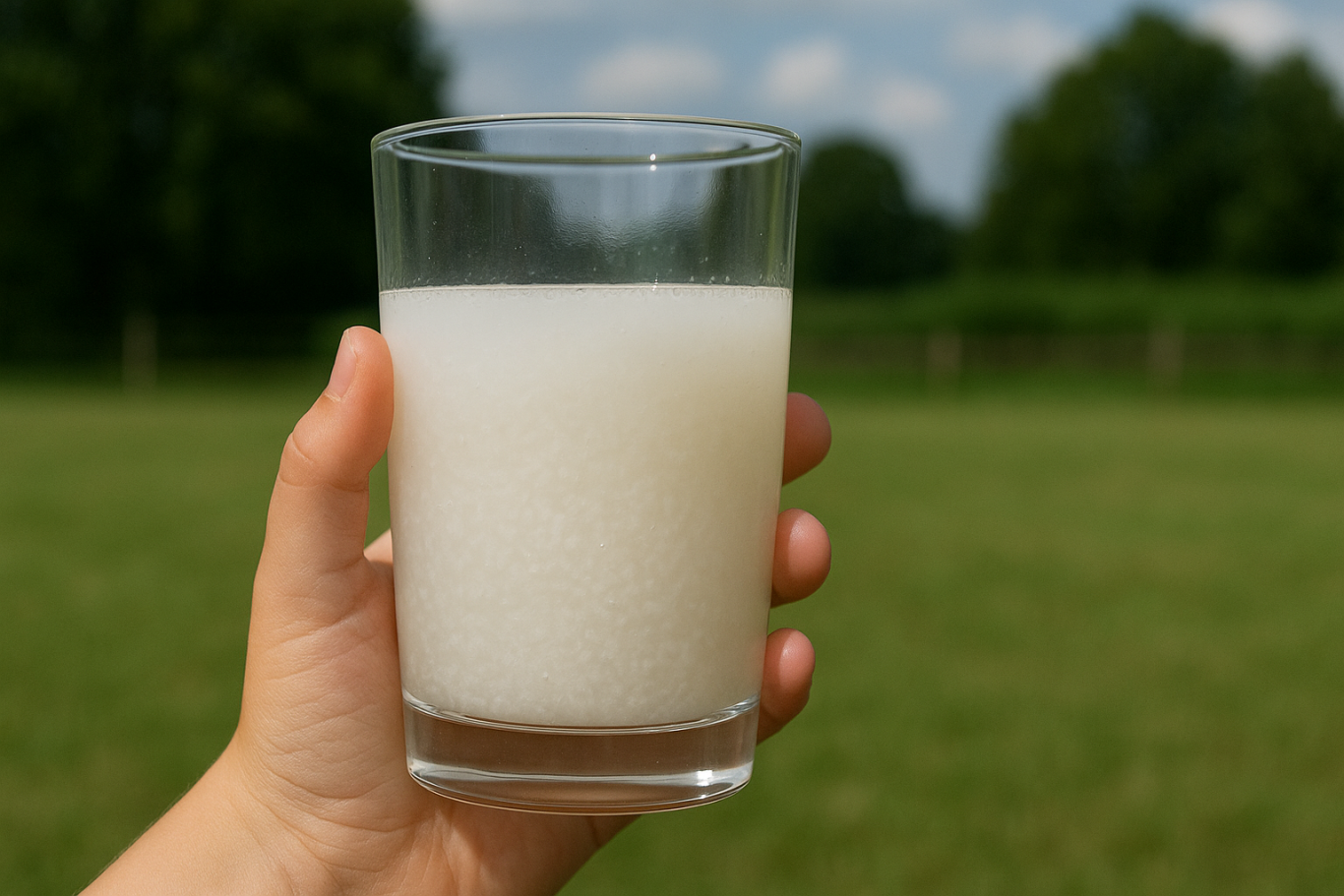5 Best! Recommendations for Effective Diarrhea Medicine for Kids
Diarrhea is one of the most common health issues among children worldwide. It can quickly lead to dehydration if not managed properly, making it important for parents to find reliable diarrhea medicine for kids to help them recover safely and quickly.
It is important to understand that managing diarrhea in children is not just about giving diarrhea medicine for kids, but also ensuring proper hydration, balanced nutrition, and attentive care. Diarrhea in kids can be triggered by viral or bacterial infections, food intolerance, or even stress. If not addressed promptly, diarrhea can develop into a serious health risk.
Today, there are many options for diarrhea medicine for kids available both over the counter and as prescribed by doctors. However, not every solution is appropriate for every child, and parents should always consult a healthcare professional before starting any treatment. This is especially crucial if the child experiences severe diarrhea, ongoing vomiting, high fever, or blood in the stool.
Below are five globally recognized options for diarrhea medicine for kids that are both safe and effective, plus some important tips for supporting your child’s recovery.
1. Oral Rehydration Solution (ORS)

Oral Rehydration Solution, or ORS, is the gold standard diarrhea medicine for kids recommended by organizations like the World Health Organization (WHO) and the American Academy of Pediatrics. ORS replaces fluids and electrolytes lost during diarrhea, helping prevent dehydration.
Main benefits:
- Quickly restores hydration and electrolyte balance
- Simple to prepare and use at home
- No harmful side effects
ORS can be offered after every loose stool and alongside regular meals and breastfeeding. It is the primary treatment for mild to moderate diarrhea and should be used as a first step in home care.
2. Probiotics

Probiotics are supplements containing beneficial bacteria that help restore the balance of healthy gut flora. As a diarrhea medicine for kids, probiotics such as Lactobacillus rhamnosus GG and Saccharomyces boulardii are often recommended by pediatricians to shorten the duration and lessen the severity of diarrhea, especially if the cause is infection or antibiotic use.
Probiotics are available as powders, chewable tablets, or drops. Always use pediatric formulas and consult your doctor for the correct type and dosage for your child.
3. Zinc Supplements

Zinc is another essential diarrhea medicine for kids, particularly for children under five. Taking zinc for 10 to 14 days during an episode of diarrhea has been proven to speed up recovery and help prevent future diarrhea.
Zinc comes in various forms, including syrup, tablets, and dissolvable tablets. Your pediatrician can recommend the best dosage based on your child’s age and weight.
4. Smectite (Diosmectite/Smecta)

Smectite, widely sold under brand names like Smecta, is a natural clay-based product that acts as a physical barrier in the intestines. This diarrhea medicine for kids works by binding to toxins, bacteria, and viruses, helping to safely remove them from the digestive tract.
Smectite is usually available as a powder that can be mixed with water or milk. It is safe for children, but always follow package instructions or your healthcare provider’s guidance.
5. Rice-Based Oral Rehydration Solution

Rice-based ORS is an alternative type of oral rehydration recommended in some parts of the world, especially for kids who may be lactose intolerant or experiencing persistent diarrhea. Rice-based solutions provide both hydration and extra calories from the rice starch.
You can purchase commercial rice-based ORS or make it at home by boiling rice and using the starchy water. For best results, check with a healthcare professional to ensure your child is getting the hydration and nutrition they need.
Home Care Tips for Children with Diarrhea
In addition to providing diarrhea medicine for kids, these supportive steps are crucial:
- Keep your child hydrated: Regularly offer ORS or other rehydration fluids.
- Serve bland, easy-to-digest foods: Consider bananas, rice, applesauce, and toast (the BRAT diet).
- Practice good hand hygiene: Always wash hands before and after caring for your child.
- Continue breastfeeding: For infants, breastfeeding helps speed recovery and maintain hydration.
- Watch for dehydration signs: Seek medical attention if your child is lethargic, has a dry mouth, produces little urine, or cries without tears.
Why Health and Digital Education Both Matter

Ingin tahu detail program?
Using the right diarrhea medicine for kids is a vital step, but it’s also important to teach your child good health habits and personal hygiene for long-term wellness. In today’s digital age, it is equally valuable to help children develop skills like coding, problem-solving, and logical thinking.
If you want your child to grow up healthy, confident, and digitally skilled, try a free coding class at Timedoor Academy. Here, children can develop logical thinking and creativity while also learning essential health basics. Visit the Timedoor Academy website for an engaging and educational free trial coding class.